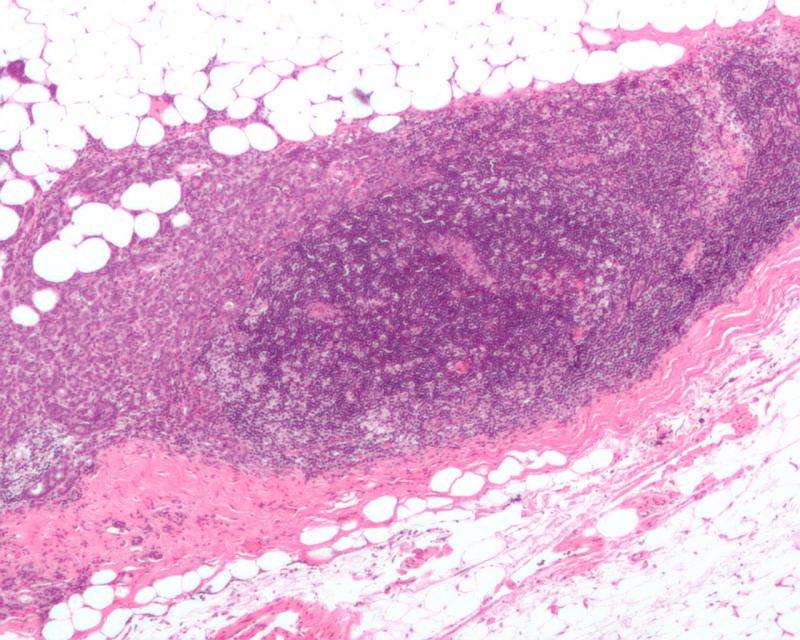Five new breast cancer genes and range of mutations pave way for personalized treatment

The largest-ever study to sequence the whole genomes of breast cancers has uncovered five new genes associated with the disease and 13 new mutational signatures that influence tumour development. The results of two papers published in Nature and Nature Communications also reveal what genetic variations exist in breast cancers and where they occur in the genome.
Dr Serena Nik-Zainal of the Wellcome Trust Sanger Institute led analysis of 560 breast cancer genomes; 556 from women and four from men. This international collaboration included breast cancer patients from around the world, including the USA, Europe and Asia.
The results reveal more about the causes of breast tumours and provide evidence that breast cancer genomes are highly individual.
Each person's cancer genome is a complete historical account of the genetic changes that they have acquired throughout life. As a person develops from a fertilised egg into adulthood, the DNA in their cells gather genetic changes along the way. This is because human DNA is constantly being damaged by things in the environment or simply from wear and tear in the cell. These mutations form patterns, or mutational signatures, that we can detect and they give us clues about the causes of cancer.
Dr Nik-Zainal's team hunted for mutations that encourage cancers to grow and looked for mutational signatures in each patient's tumour. They found that women who carry the BRCA1 or BRCA2 gene, and so have increased risk of developing breast and ovarian cancer, had whole cancer genome profiles that were highly distinctive from each other and were also very different to other breast cancers. This discovery could be used to classify patients more accurately for treatment.
Dr Nik-Zainal said: "In the future, we'd like to be able to profile individual cancer genomes so that we can identify the treatment most likely to be successful for a woman or man diagnosed with breast cancer. It is a step closer to personalised healthcare for cancer."
Exactly where mutations occur in breast cancer genomes is important too.
Collaborator Dr Ewan Birney, from the European Bioinformatics Institute, used computational techniques to analyse the sequence of genetic information held in each of the sample genomes. He said: "We know genetic changes and their position in the cancer genome influence how a person responds to a cancer therapy. For years we have been trying to figure out if parts of DNA that don't code for anything specific have a role in driving cancer development. This study both gave us the first large scale view of the rest of the genome, uncovering some new reasons why breast cancer arises, and gave us an unexpected way to characterize the types of mutations that happen in certain breast cancers."
Professor Sir Mike Stratton, Director of the Wellcome Trust Sanger Institute, said: "All cancers are due to mutations that occur in all of us in the DNA of our cells during the course of our lifetimes. Finding these mutations is crucial to understanding the causes of cancer and to developing improved therapies. This huge study, examining in great detail the many thousands of mutations present in each of the genomes of 560 cases brings us much closer to a complete description of the changes in DNA in breast cancer and thus to a comprehensive understanding of the causes of the disease and the opportunities for new treatments."
More information: Nik-Zainal S et al. Landscape of somatic mutations in 560 breast cancer whole genome sequencesis published in Nature 2016 published on 2 May DOI: 10.1038/nature17676
Morganella S et al. The topography of mutational processes in breast cancer genomes is published in Nature Communications 2016 on 2 May DOI: 10.1038/10.1038/NCOMMS11383

















